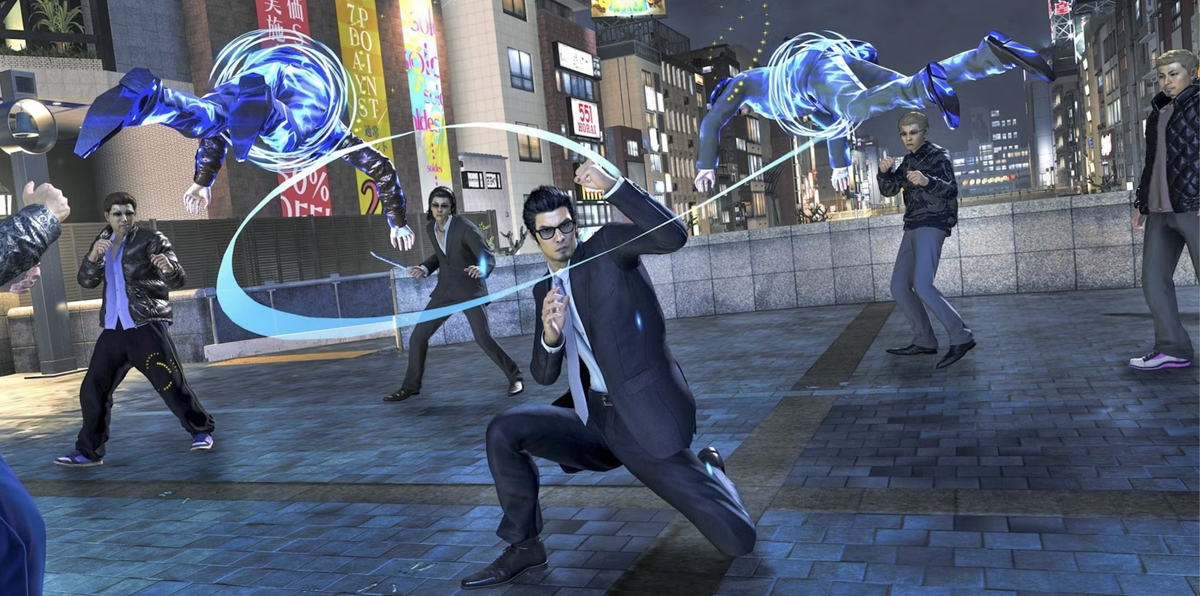
If you’re a fan of Sega and Ryu Ga Gotoku Studio’s Yakuza franchise, then you’re probably also an enthusiast of the iconic Kazuma Kiryu as well. It was undoubtedly a turning point for the franchise when the developers decided to retire Kiryu and put the new spotlight on Ichiban Kasuga instead. This is not to say we won’t ever see him again, because the upcoming spinoff Like a Dragon Gaiden: The Man Who Erased His Name brings Kiryu back for a brand new adventure that pays homage to the series’ roots.
Like a Dragon Gaiden: The Man Who Erased His Name takes place right after the events of Yakuza 6: The Song of Life and in parallel with the events of Yakuza: Like a Dragon. Kazuma Kiryu has left his former life behind by faking his death for the sake of protecting his foster children. He now goes under the codename Joryu and has signed a deal with the Daidoji faction as an agent in disguise. In this midquel spinoff, we get to see what Kiryu was up to while Ichiban and his crew were busy dealing with Ryo Aoki in Tokyo.
Many new characters are introduced, including Kihei Hanawa of the Daidoji faction, Homare Nishitani III, the patriarch of the Kijin Clan, and Kosei Shishido and Yuki Tsuruno of the Omi Alliance’s Watase Family. Like previous entries in the Yakuza series, Gaiden delivers a mostly engaging and immersive narrative. But unfortunately, I feel it falls short of the mainline entries, and tells a story that’s mostly forgettable. Given the shorter nature of the title, I felt like many of the newer characters didn’t have enough time in the spotlight for proper character development. The pacing also has some issues, where the game has you running back and forth from areas constantly.
Gaiden goes back to the series’ roots of real time beat’em up combat instead of Yakuza: Like a Dragon’s turn based affair. You, again, take on the role of series’ protagonist Kazuma Kiryu, as he interchanges between two distinctive fighting styles: Yakuza and Agent. The Yakuza style is reminiscent of his aggressive brawler style from previous titles, whereas the Agent style enables Kiryu to use high-tech spy gadgets such as flying drones, cigarette grenades, and spider wires.
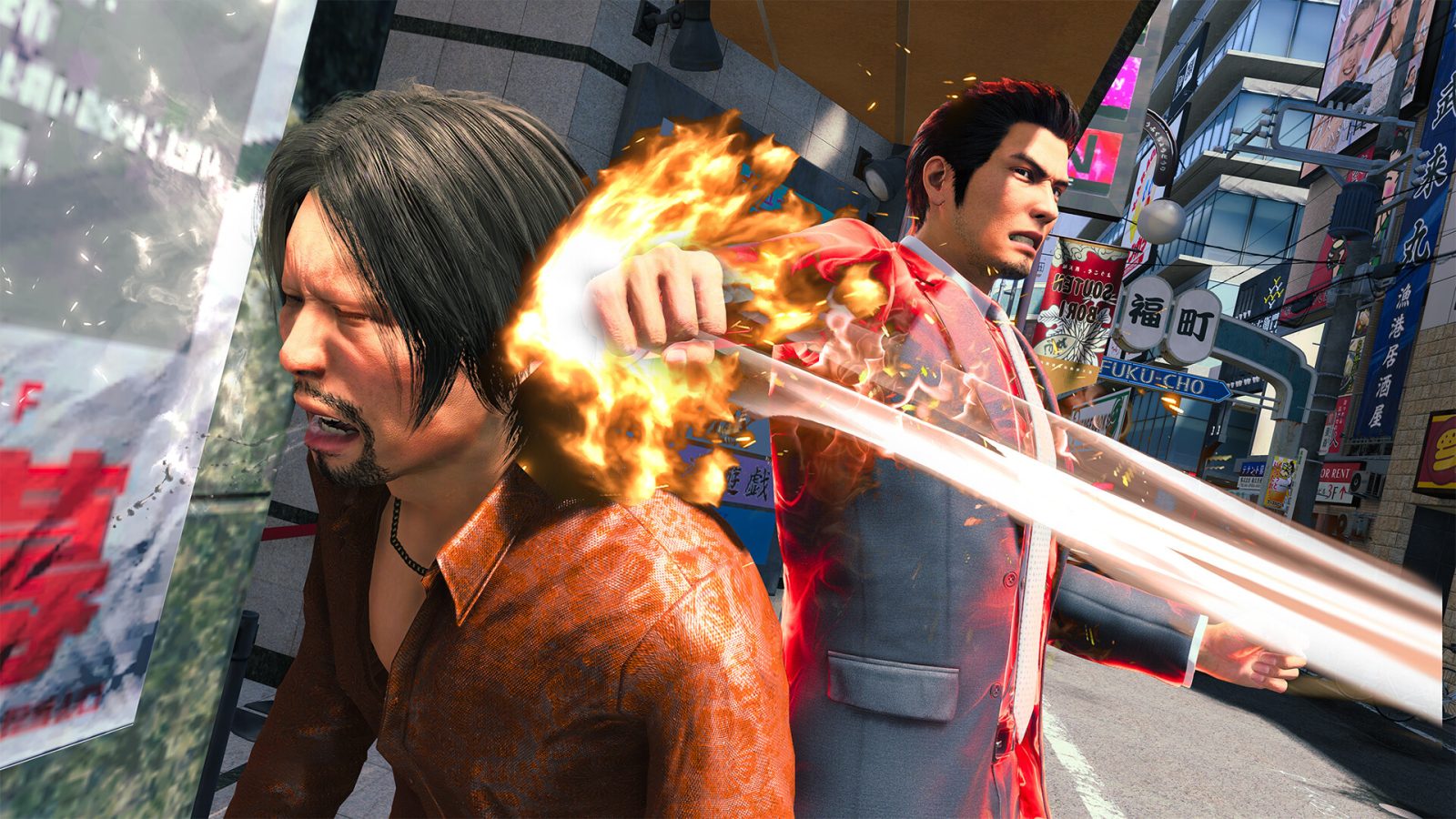
Stepping back into the shoes of Kiryu is an absolute blast, and roughing up no-good thugs on the streets feels immensely satisfying. The over-the-top nature of the franchise never gets old, and smashing a trashcan into the face of an enemy or banging their head into a nearby wall always puts a grin on my face. Overall combat feels responsive and fluid, even when you’re against dozens of goons at once. More skills and style-specific abilities can be unlocked and upgraded in the menu by spending your hard earned cash.
The majority of your time will be spent in Sotonbori, a fictionalized version of Osaka’s Dotonbori district. Despite not being very large overall, it does feature the game’s version of the iconic Glico man sign and Ebisubashi Bridge. Sotonbori is meticulously detailed and brimming with life, offering a refreshing change of scenery compared to Kamurocho, the series’ iconic setting. You’ll visit some other locations as well, such as Isezaki Ijincho, the primary location of Yakuza: Like a Dragon, and the temple where the Daidoji faction are staying.
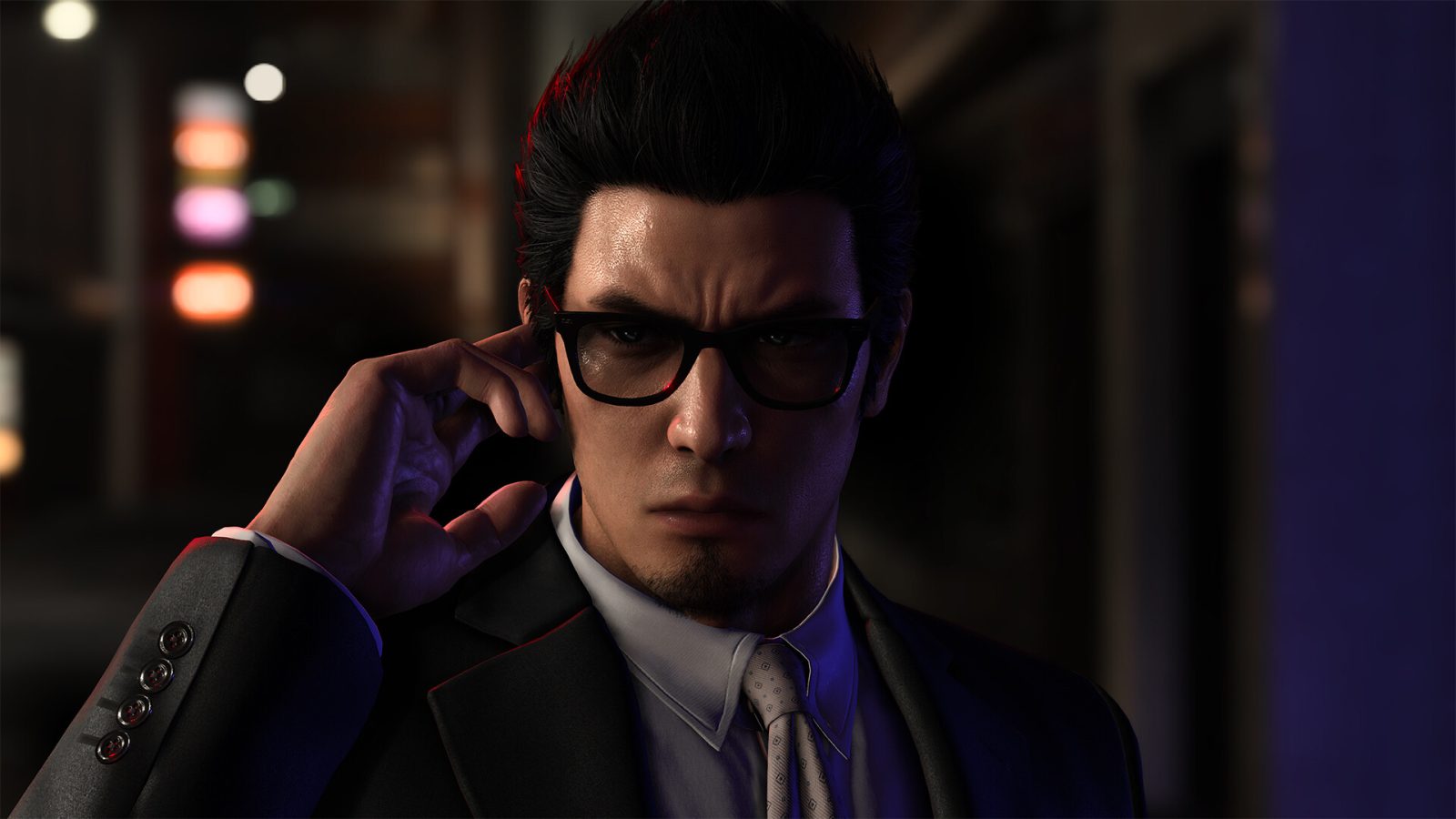
But perhaps the biggest sublocation is the Castle, a recreation of Osaka Castle, where many of the side activities are. This neon lit casino-like hub is bustling with life and features a dresser where you can change up Kiryu’s clothing and an addicting fighting arena known as the Coliseum where you can partake in tournaments of up to 100 enemies. Of course, you can push your luck by gambling too. The more time you spend at the Castle, the higher you climb the ranks, which subsequently unlocks more areas to explore within. I was impressed with the level of customization featured here, as you can change Kiryu’s outfit from top to bottom, which ties in with the theme of him trying to hide his true identity.
A new character introduced in Gaiden is Akame, an information broker and hostess who lends her base of operations to you for the majority of the game. Because of her profession and positive reputation in the community, she introduces you to the Akame Network. This is the main way to take up side quests and miscellaneous tasks, that then reward you with points that level up the network. The higher your rank with Akame, the more bonuses you unlock, such as an exclusive shop. Raising the network level is also required as a prerequisite to ranking up in the Castle as well.
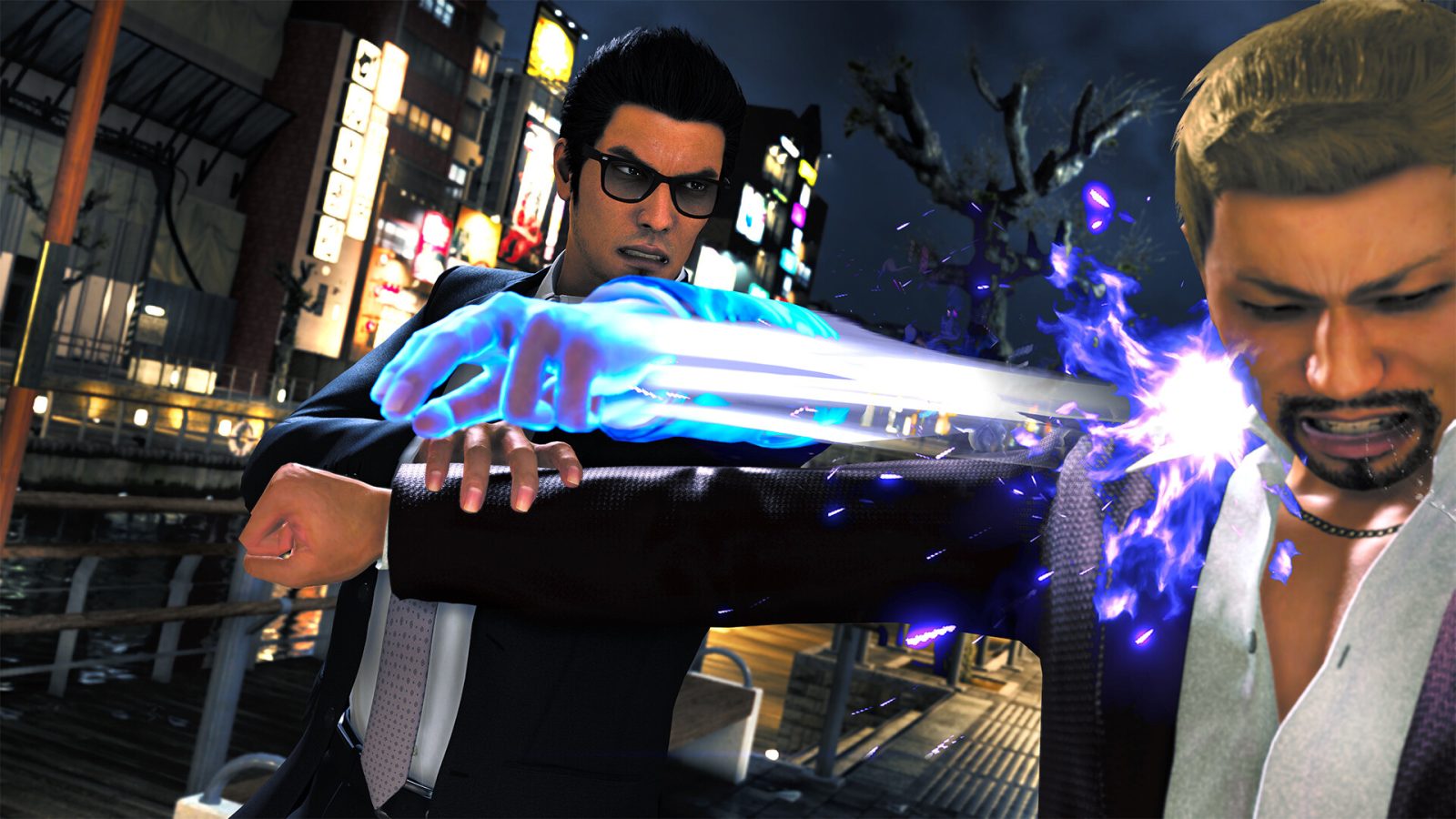
The $50 (as opposed to $70 nowadays) price tag comes with the caveat that this is a shorter title than most other Yakuza games. A single playthrough of The Man Who Erased His Name, which is broken down into 5 chapters, will land you somewhere between 8 and 10 hours, depending on your skill level and chosen difficulty. There is, of course, a buffet of side activities to partake in around Sotonbori or the Castle. Minigames such as mini golf, billiards, karaoke, and pocket circuit racing make a welcome return. Cabaret clubs are available as well for those feeling frisky. If you’re anything like me, you can easily spend hours engaging in these hilarious and bizarre activities.
What’s also included is a special trial demo of the next mainline Yakuza game: Like a Dragon: Infinite Wealth. Note that you must complete the campaign of Gaiden first before this is unlocked, and the demo can be accessed via the main menu of the game. Unfortunately, despite completing the campaign, I was unable to launch the trial demo due to an unknown error, which I’m guessing is due to it not being available before the official launch of the game, so I can’t comment on the contents of it. But, I loved Ichiban in Yakuza: Like a Dragon, so I have no doubt it’ll be a blast.
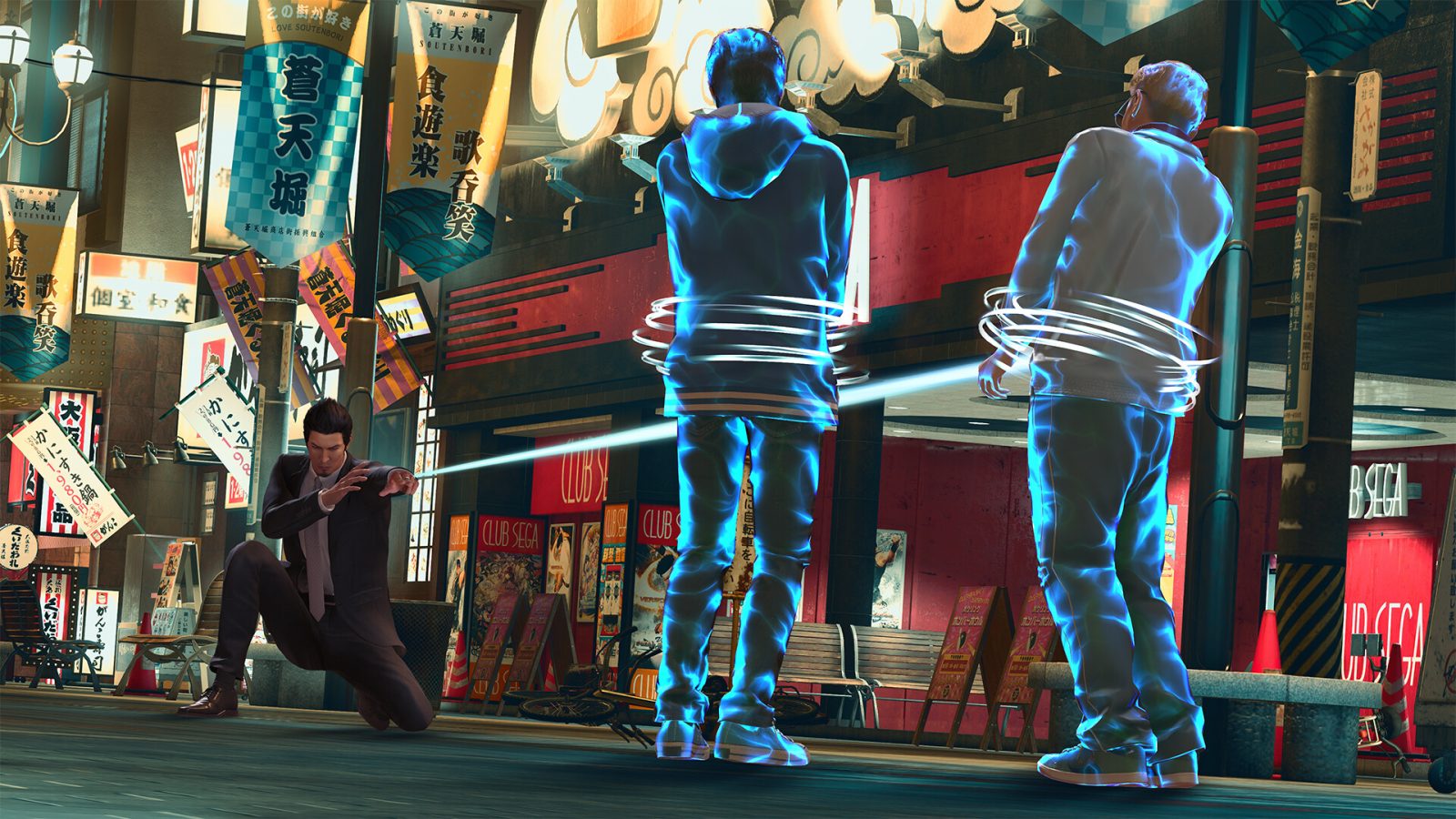
At the time of this review, the game is only voiced in Japanese, but a full English dub is expected to be included at launch. I’m excited to hear Yong Yea as the new voice for Kiryu! The Japanese voice acting is top notch, especially Kiryu’s – Takaya Kuroda, and adds immense depth to the characters. The soundtrack, on the other hand, complements the atmosphere perfectly, transitioning from somber melodies to energetic tunes during action sequences. There are some extremely emotional and touching scenes, and the audio really upped the ante in the feels department.
RGG Studio is back to using the Dragon Engine with this title, as opposed to Ishin!’s Unreal Engine 4, and the visuals look fantastic. Performance on the PlayStation 5 is equally flawless, with ultra-fast load times, smooth and stable frame rates, and no bugs. The game comes in 3 difficulty levels: beginner, standard, and professional that can be switched at any time in the settings menu. Other accessibility options include a plethora of text languages, subtitle customization, and button control remappings.
Like a Dragon Gaiden: The Man Who Erased His Name
Great
Like a Dragon Gaiden: The Man Who Erased His Name is a great interlude before Infinite Wealth comes out next year, with its throwback to the franchise’s classic real time beat ’em up combat in the shoes of Kiryu. The narrative does take a step back, and the new characters aren’t as memorable, but there’s plenty of bizarre and addicting side activities to partake in on the streets of Sotonbori or at the Castle.
Pros
- Fun and bizarre side activities and minigames
- Fluid and visceral beat ’em up combat
- Coliseum mode is highly addictive
- Flawless technical performance
Cons
- Weaker story
- Not enough development of side characters
- Pacing issues
